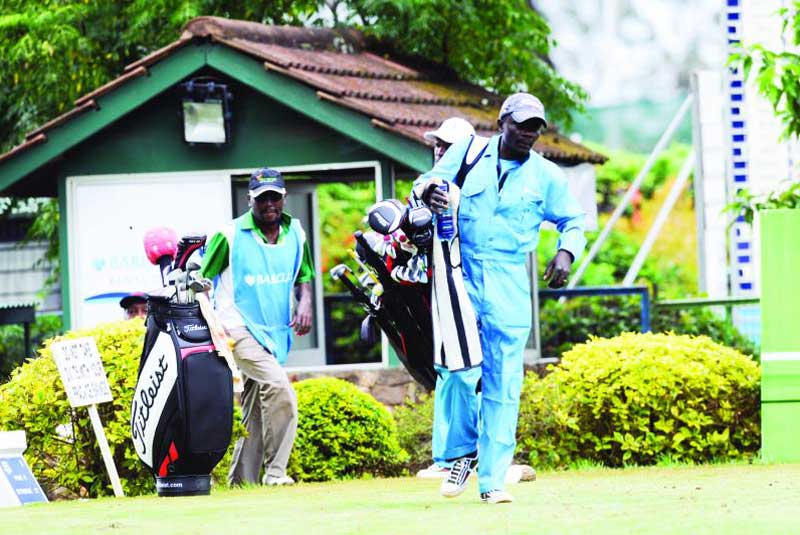×
The Standard e-Paper
Smart Minds Choose Us

The sun is setting in the year 2018. The year had its ups and downs. All we know is that each of us played his or her role in turning the reluctant wheel of progress.
Like in war, the generals take the credit but soldiers do the fighting. In the economic front, the top managers, the board and supervisors take credit often announcing firm results with lots of fanfare and publicity.